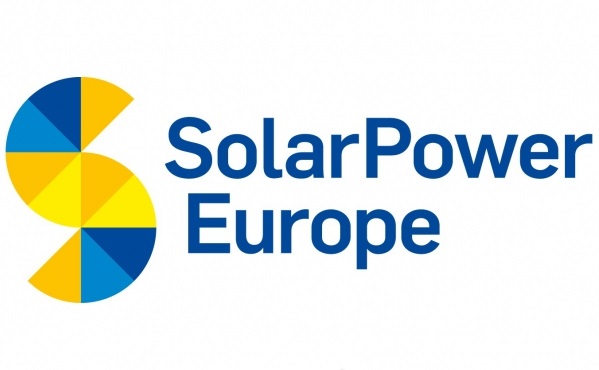Solar Power Europe (former EPIA) presents key messages for self-consumption
Self-consumption helps European consumers and businesses to control their energy bill. In a context of increasing energy prices, households and businesses using solar electricity rely on a power source the cost of which will remain fixed for the decades to come. Self-consumption does not only provide cheap electricity to people; it also protects them against volatile energy prices.
Self-consumption increases retail competition and helps market transformation. New business models to make on-site generation accessible to a larger number of consumers are emerging. In the new energy world, the relationship with the final consumer is the most important factor of differentiation between energy suppliers. The winners will be those retailers –incumbent or new entrants– able to deliver new services. Offering self-
consumption solutions is an obvious pillar of such strategies.
Self-consumption makes consumers active players of the energy transition, a key objective of the Energy Union. Distributed renewable generation is a fundamental contributor to a clean, resilient and competitive European power system. Self-consumption combines these two dimensions: it give consumers a real choice and support the transition towards a sustainable energy mix. Importantly, it attracts private capital from consumers who have lower expectations in terms of rate of return compared to pure financial investors, thus making the energy transition cheaper.
Self-consumption is a key driver for demand-side flexibility. Because it leads to concrete economic benefits, making the best use of on-site generation will steer the development of solutions such as storage, smart appliances and more flexible contracts for consumers. These solutions will in turn reduce peaks of production and consumption for the benefit of grid operators. Self-consumption has also the potential to help grid operators by reducing congestion issues and bottlenecks.
[link-text]Read the full paper here